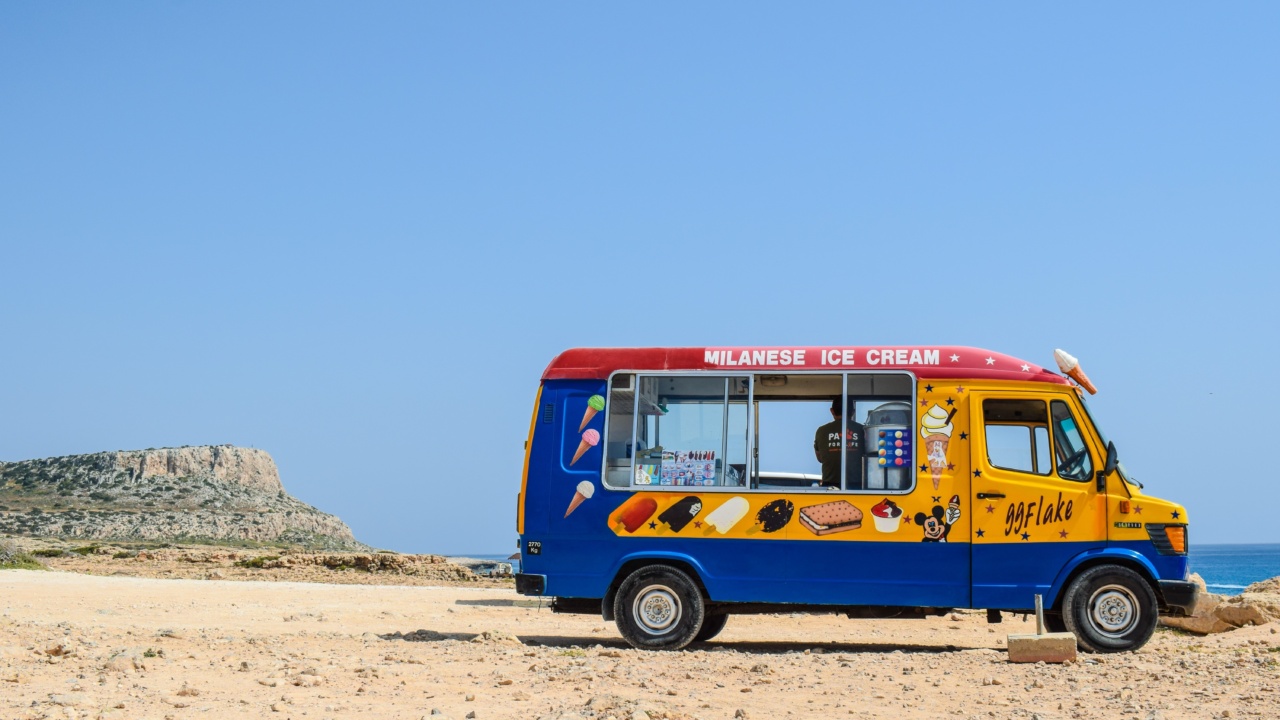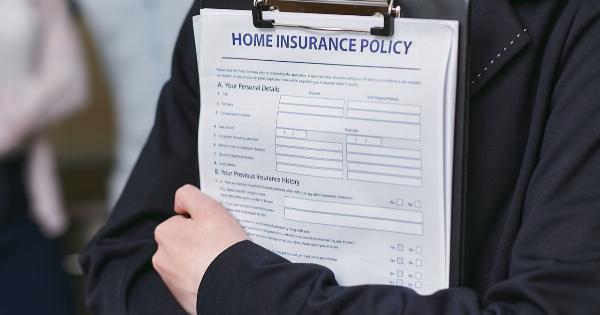When it comes to ensuring the safety and protection of your car trailer, getting the right insurance coverage is crucial. A car trailer insurance policy can provide financial assistance in case of accidents, theft, or damage to your trailer.
However, before purchasing insurance for your car trailer, it is important to consider several key factors to ensure you make an informed decision. In this article, we will explore the important considerations to keep in mind when getting insurance for your car trailer.
1. Determine the Type of Coverage You Need
Before selecting an insurance policy, it is essential to evaluate the type of coverage you require for your car trailer.
Different insurance providers offer a range of coverage options, including liability coverage, collision coverage, comprehensive coverage, and uninsured/underinsured motorist coverage. Identifying your specific needs and understanding the coverage options available will help you choose the most suitable insurance policy.
2. Research and Compare Insurance Providers
It is crucial to research and compare different insurance providers to find the one that offers the best coverage options at the most affordable rates.
Look for insurance companies that specialize in trailer insurance or have experience in insuring trailers. Obtain quotes from multiple insurers, compare their offerings, and read customer reviews to get an idea of their reliability and customer service.
3. Assess the Insurance Company’s Financial Stability
When selecting an insurance provider, it is important to assess their financial stability. You want to ensure that the insurance company has the resources to fulfill claims in case of major accidents or damage to your car trailer.
Consider checking the financial ratings of the insurance company through credible rating agencies to gauge their financial strength and stability.
4. Understand the Policy Exclusions and Limitations
Before finalizing your insurance policy for your car trailer, it is crucial to thoroughly understand the policy exclusions and limitations.
These exclusions and limitations outline the circumstances or events that may not be covered under your insurance policy. Be aware of any deductibles or limits on coverage for specific situations such as theft, vandalism, or natural disasters.
5. Consider the Cost of Premiums
While getting the right coverage is important, it is equally essential to consider the cost of premiums.
The cost of your car trailer insurance premium may vary based on factors such as the trailer’s value, the coverage options chosen, your driving history, and the insurance provider’s pricing structure. Compare the premiums offered by different insurance providers and ensure that the coverage you select fits within your budget.
6. Evaluate the Claims Process and Customer Service
The ease and efficiency of the claims process can greatly impact your overall experience with the insurance provider. Before purchasing a policy, evaluate the insurance company’s claims process and their reputation for customer service.
Look for reviews or testimonials from policyholders who have filed claims and assess their satisfaction levels. A responsive and efficient claims process can save you time and stress during difficult situations.
7. Ask About Additional Coverage Options
Some insurance providers offer additional coverage options that can further enhance the protection for your car trailer.
For example, you may inquire about roadside assistance coverage, which can provide assistance in case of breakdowns or emergencies on the road. Explore the various additional coverage options available and assess whether they align with your needs and budget.
8. Consider the Trailer’s Value and Usage
The value and usage of your car trailer play a significant role in determining the appropriate insurance coverage.
If you have a high-end trailer or use it frequently for business purposes, you may require comprehensive coverage to protect against various risks. On the other hand, if your trailer is older or has a lower value, you might consider opting for less extensive coverage to fit your circumstances.
9. Review the Insurance Policy Annually
As your needs and circumstances change over time, it is important to review your insurance policy annually. Regularly reassess your coverage requirements to ensure that your insurance policy still provides adequate protection for your car trailer.
If any significant changes occur, such as modifications to your trailer or changes in usage, promptly notify your insurance provider to update your policy accordingly.
10. Seek Professional Advice
Obtaining insurance for your car trailer can sometimes be a complex process. If you have any doubts or concerns regarding the best insurance coverage for your trailer, consider seeking advice from a professional insurance agent or broker.
They can provide valuable insights and help you navigate through the various policy options, ensuring that you make an informed decision.


























